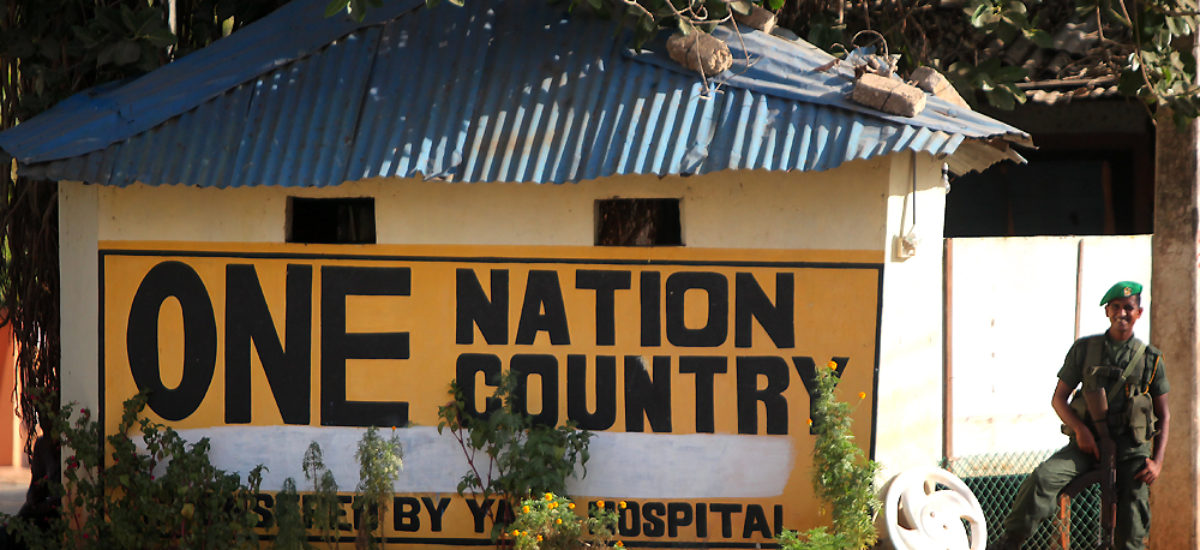Featured image courtesy Al Jazeera
Until recently, I have seldom had occasion to disagree with Izeth Hussain. However, while there is much that I agree with in the contents of his article published in The Island on September 6th, 2016, titled “Democracy, Not Devolution, the only solution for the ethnic problems”, I totally reject his statement,
“It has not been understood that the Tamils are also an intensely racist people, very probably much more so than the Sinhalese”.
No community or ethnic group is inherently racist. They may develop and exhibit racist beliefs if they suffer or are led to engage in severe discrimination or oppression over an extended period. This would explain the Sinhalese-Tamil racism that developed in the 1950s, the Tamil-Muslim racism that developed much later, and the current Sinhalese-Muslim racism. None of these are permanent, although reviving the memory of real or imagined past atrocities or exploitation, as well as tendentious interpretations of history and religious texts could be used by the social, political and religious leaders to reinvigorate any dormant racism.
This could happen anywhere. For example, the socio-economic ills of the Great Depression of the 1930s were used to promote previously dormant European- Jewish racism in Germany and many other countries. The atrocities that accompanied the partition of India are still being used to promote Hindu-Muslim racism. Similarly, the atrocities that accompanied and followed the creation of Israel are still being used to promote Jewish-Palestinian racism.
No people are by nature racist. The fault may lie in poor leadership, in tendentious history books or in religious texts. Social and political leaders could work to revise the history books to promote (or to undermine) reconciliation. Religious texts are more difficult to revise, but religious leaders and theologians could help to reinterpret them. An example is the development, sustenance and eventual dismantling of Apartheid. Racism in the USA and elsewhere, and casteism in India and elsewhere are in turmoil and not yet dismantled. Condemning people as racists is itself a racist act that can only promote further racism.
On the subject of devolution in Sri Lanka under the 13th Amendment (13A), what can be done to promote National Reconciliation and to avoid subverting it?
The East is finely balanced with no ethnic groups in the majority but comprising mainly of Muslims, Tamils and Sinhalese in that order of population size. The Provincial Council is now led by Muslims, earlier by Tamils. The North is now overwhelmingly Tamil but if the Muslims evicted by the LTTE around 1990 could be persuaded and enabled to return, it would help to restore the earlier healthy population and political balance.
In the East and in the North (and elsewhere too) all those evicted, whether Sinhalese, Tamil or Muslim, who are willing to return should be helped to do so and resettled and rehabilitated in the lands from which they were ousted. The leaders of all these and, those permanently settled in the North and East should be consulted before any fresh settlements are planned in the North and the East of people without local roots. The resources of the Diaspora and other foreign aid should be pooled to restore the war damaged economy of the North and the East. The government of Sri Lanka, the provincial leaders and the donors should work together in this exercise.

